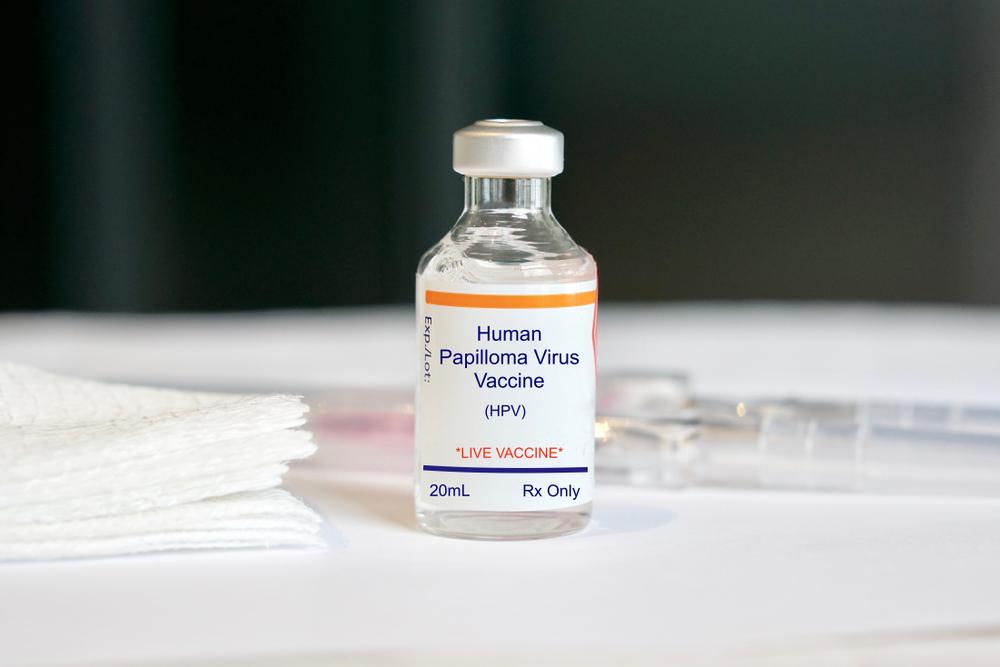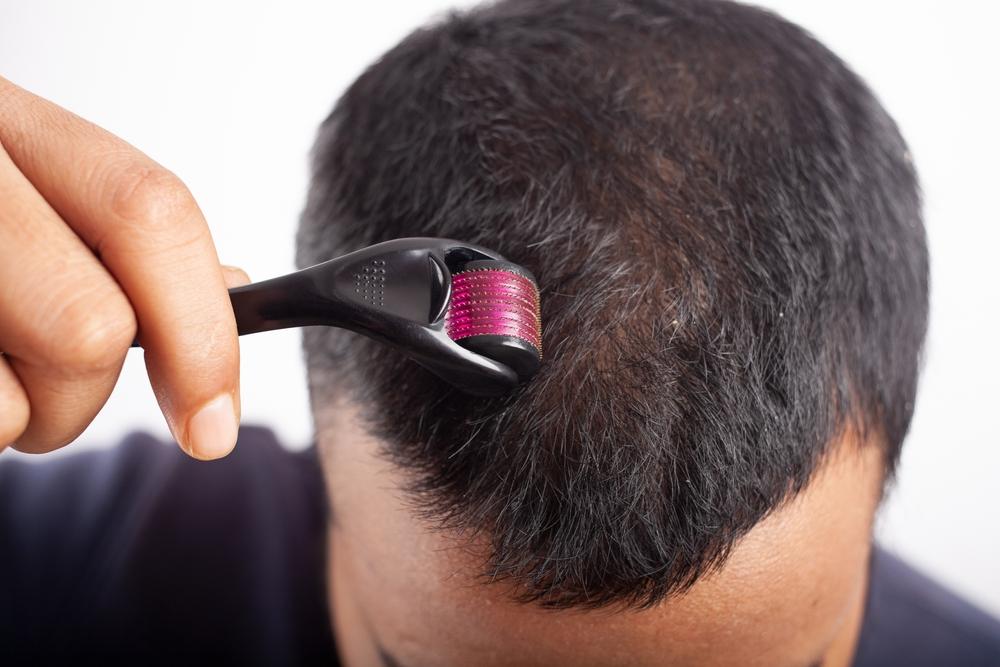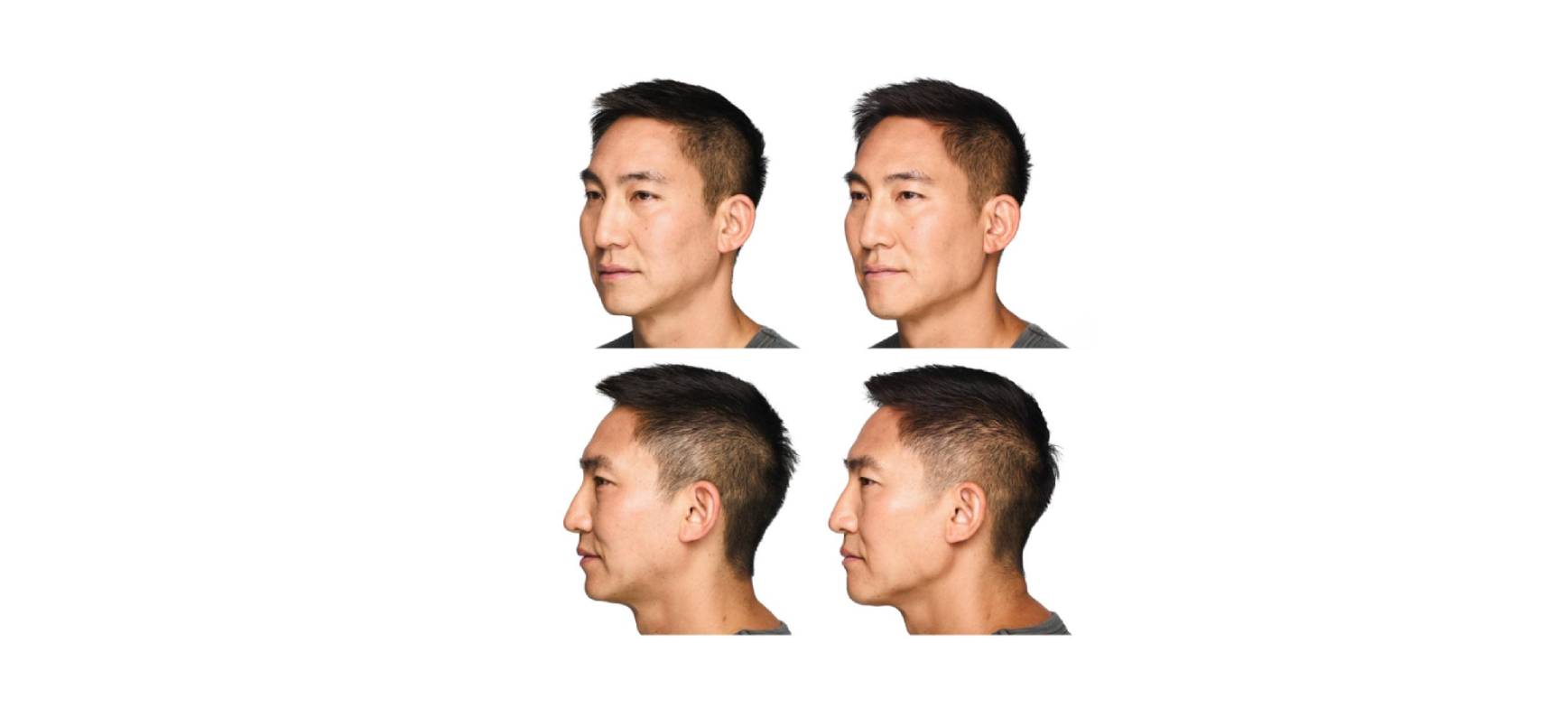In an age where technology is rapidly evolving, the integration of Artificial Intelligence (AI) into various fields, including healthcare, has presented groundbreaking potential. Learn how AI Improves Diagnostic Accuracy for Skin Conditions in People of Color.
A recent study focusing on dermatology revealed that AI drastically enhanced the accuracy of diagnosing skin conditions among patients with darker skin types, offering hope for improved health outcomes for people of color.
The Challenge in Diagnosing Skin Conditions
Historically, diagnosing skin conditions among people with darker skin types (Fitzpatrick skin types IV to VI) has proven to be quite challenging. According to one study, the diagnostic accuracy rate stood at a disappointing 44.3%, compared to a slightly better but still modest 50.5% accuracy in patients with intermediate skin.
The lower accuracy levels amongst patients with darker skin tones underscore a significant issue within the healthcare field – the need for more accurate and efficient diagnostic tools for diverse populations.
AI to the Rescue
Addressing this issue, Justine G. Schneider, BS, and her team from Moy-Fincher-Chipps Facial Plastics & Dermatology and The Ohio State University College of Medicine explored how AI could help. Their focus was to determine if AI could accurately diagnose skin conditions in people with darker skin tones.
The team took 163 clinical photos of skin disease manifestations from patients with darker skin tones. The diseases in these pictures fell into three classes: benign (non-cancerous) neoplastic, malignant (cancerous) neoplastic, or non-neoplastic (not tumor-related).
These photos were then analyzed by a custom-built AI software called Triage Inc., with each image already having a diagnosis from a specialist. The AI software offered two diagnoses for each picture: a Top 1 diagnosis and a Top 2 diagnosis.
Promising Results
When broken down by disease class, the AI performed best with non-neoplastic conditions, diagnosing them with 90.98% accuracy. The AI was also highly accurate when diagnosing malignant-neoplastic conditions (77.78%), and moderately accurate when diagnosing benign-neoplastic conditions (69.57%).
The results were highly promising. The AI successfully diagnosed the conditions with 86.5% accuracy in its Top 1 diagnosis, and an impressive 93.25% accuracy in its Top 2 diagnoses. In comparison with the previous 44.3% accuracy, this significant jump demonstrated the potential of AI in improving healthcare outcomes for people of color.
Limitations and Future Prospects
Despite the promising results, the study had its limitations. The uneven distribution of disease classes in the sample images could affect the overall accuracy of the study. There were significantly more non-neoplastic conditions, which the AI proved more successful in diagnosing.
Nevertheless, this study represents a giant leap in utilizing AI to diagnose skin conditions in people of color. The researchers concluded that while the application of AI has advanced significantly in identifying skin conditions, there are further opportunities for refinement, particularly for patients with darker skin tones.
Concluding Thoughts
AI’s impact on healthcare continues to evolve, demonstrating significant potential in improving diagnostic accuracy for skin conditions, especially amongst people with darker skin tones. With further development and refinement, AI could play a vital role in creating a more inclusive healthcare system, meeting the diverse needs of all patients, regardless of their skin color.
The journey of AI in healthcare is far from over. With advancements such as these, we edge closer to a future where everyone receives accurate and efficient healthcare, free from the biases of the past. It’s an exciting time, where technology and medicine converge to build healthier, more inclusive communities.






